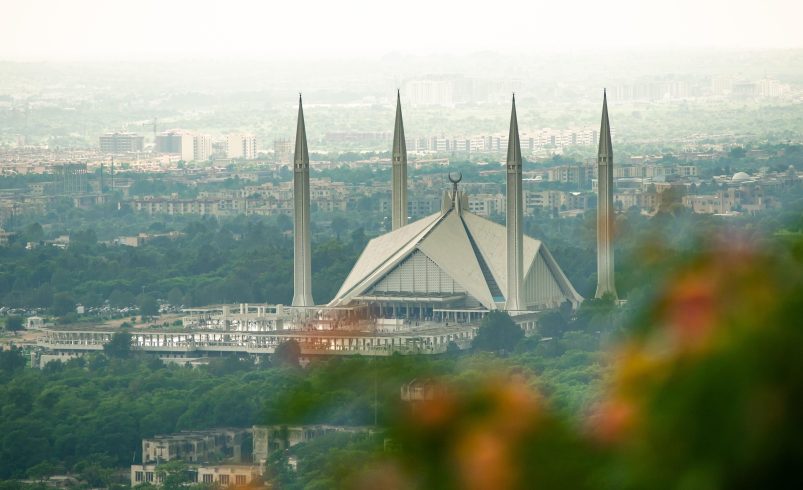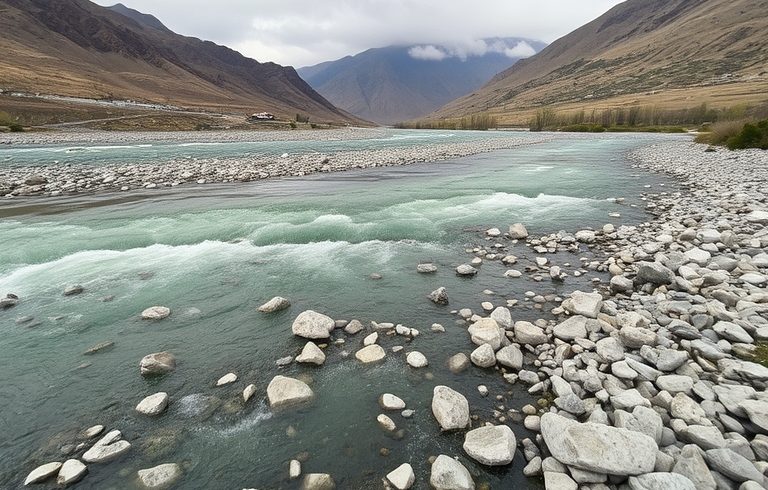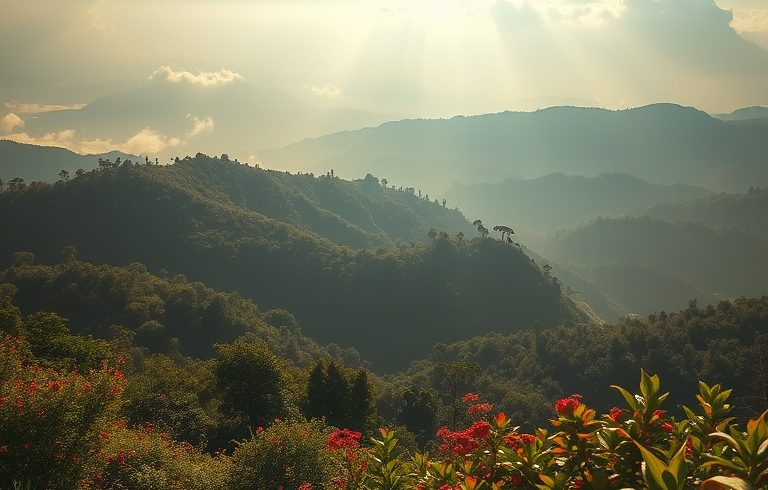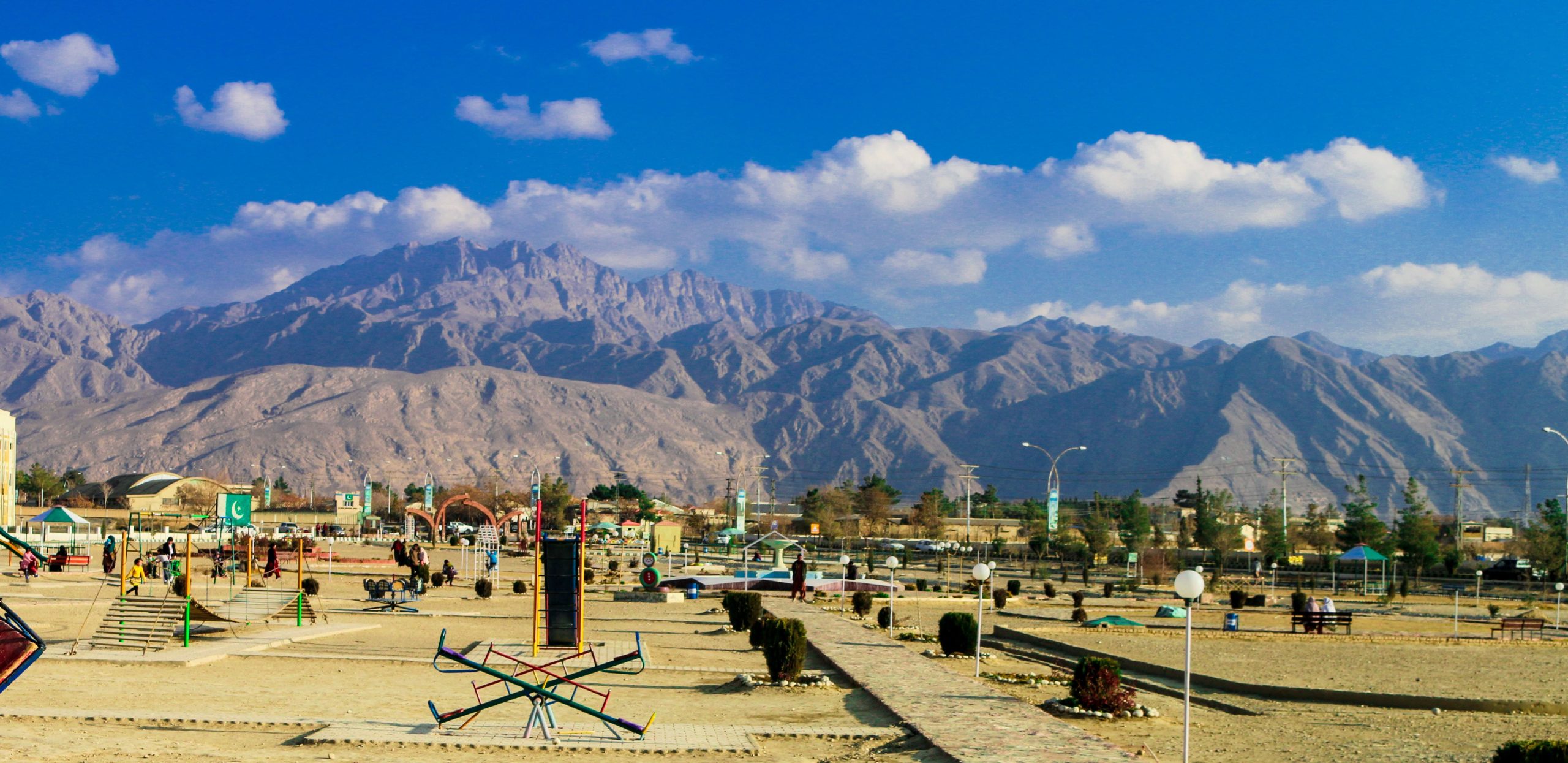
- January 12, 2025
Introduction
Nestled at the foot of the majestic Margalla Hills, Islamabad Capital of Pakistan, stands as a symbol of elegance, modernity, and tranquility. With its tree-lined boulevards, lush green parks, high-end shopping areas, and cultural landmarks, Islamabad is a unique fusion of nature and urban sophistication. From history buffs to adventure lovers, Islamabad offers something for everyone.
History of Islamabad
Islamabad was designated as the capital of Pakistan in the 1960s, replacing Karachi. Designed by the Greek architect Constantinos Doxiadis, the city was planned to serve as a modern capital that reflects the diverse cultural and political aspirations of the country. The name “Islamabad” means “City of Islam,” representing the nation’s Islamic heritage.
Before its development as a capital, the area around Islamabad had historical significance, with nearby ancient cities like Taxila dating back to 1000 BCE. Today, Islamabad stands as a modern and organized city with an important administrative, diplomatic, and cultural role in Pakistan.
Cultural Heritage of Islamabad
Islamabad is a melting pot of cultures, with residents from all over Pakistan. The city hosts various cultural events, music festivals, and art exhibitions that celebrate the rich traditions of the nation. Lok Virsa Museum, Pakistan Monument Museum, and the weekly folk music nights reflect the city’s cultural vibrance.
The people of Islamabad are known for their hospitality and warmth. Despite being a modern city, traditional values are deeply rooted in its social fabric, making it a delightful experience for travelers seeking both modernity and tradition.
Best Time to Visit Islamabad
The ideal time to explore Islamabad Capital of Pakistan is during the spring (March to May) and autumn (September to November). During these months, the weather is pleasant, with temperatures ranging between 15°C to 25°C, perfect for sightseeing and outdoor activities.
Avoid visiting during the peak summer months (June to August) when temperatures can soar above 40°C. Winters (December to February) are cool and sometimes chilly, but still manageable for tourists.
Location
Islamabad is located in the north of Pakistan, bordered by the province of Khyber Pakhtunkhwa and Punjab. It shares its twin city status with Rawalpindi, and the two cities are interconnected through multiple roadways. It lies at the edge of the Pothohar Plateau and is surrounded by the Margalla Hills National Park, making it one of the most scenic capitals in Asia.
Educational Options in Islamabad?
Fortunately, Islamabad is home to a variety of prestigious educational institutions. From renowned schools like Roots International, Beaconhouse, and Frobel’s, to top universities like NUST, COMSATS, and Quaid-i-Azam University, the city caters to all academic levels. As a result, many expats and locals consider education one of the significant things to do in Islamabad when raising a family or pursuing higher learning.
Cost of Living in Islamabad?
When compared to global cities, the cost of living in Islamabad is relatively affordable. However, it’s slightly higher than other cities in Pakistan. Rent can range from PKR 40,000 to 150,000 depending on the sector and type of accommodation. Moreover, food, transportation, and utility costs are moderate. Despite that, the city’s safety, cleanliness, and lifestyle options make it a worthwhile investment—especially considering the wide array of things to do in Islamabad for individuals and families.
Public Transportation System in Islamabad?
Interestingly, the public transportation system in Islamabad has improved significantly in recent years. The Metro Bus Service efficiently connects major parts of the city, offering affordable and comfortable travel. Additionally, ride-hailing services like Careem, InDrive, and local taxis make it easy to explore the city. Therefore, whether you’re a tourist or a resident, commuting to different things to do in Islamabad has become far more convenient.
Top Places to Visit in Islamabad
- Faisal Mosque – One of the most iconic landmarks, Faisal Mosque is among the largest in the world. Nestled against the Margalla Hills, it offers unique architecture and spiritual serenity.
- Pakistan Monument – Shaped like a blooming flower, the monument symbolizes national unity. It is complemented by a museum that provides insight into the nation’s history.
- Daman-e-Koh – A viewpoint in the Margalla Hills offering panoramic views of the city. Ideal for sunset watching and photography.
- Lok Virsa Museum – This ethnographic museum showcases the diverse cultures of Pakistan through crafts, textiles, and musical instruments.
- Rawal Lake – A serene artificial reservoir ideal for boating, bird watching, and picnics.
- Saidpur Village – A cultural village where traditional and contemporary lifestyles co-exist. It features historical temples, art galleries, and restaurants.
- Margalla Hills National Park – A heaven for hikers and nature lovers. Popular trails like Trail 3 and Trail 5 lead to breathtaking views.
- Centaurus Mall – A luxury shopping center with a food court, cinema, and international brands.
Nearby Places to Explore
- Murree (65 km): A scenic hill station offering cool weather and pine-covered mountains.
- Taxila (35 km): A UNESCO World Heritage Site known for Buddhist archaeological ruins.
- Rawalpindi (15 km): Twin city of Islamabad with vibrant markets and historical sites.
- Pir Sohawa (17 km): A hilltop destination for dining with breathtaking views.
Where to Stay
Islamabad offers a wide range of accommodation options:
- Luxury Hotels: Serena Hotel, Marriott Hotel, Centaurus Hotel.
- Mid-Range: Ramada by Wyndham, Hotel One, Envoy Continental Hotel.
- Budget: Shelton’s Ambassador, Star House, Grace Guest House.
Most hotels provide modern amenities including Wi-Fi, airport pickup, and guided tours.
Emergency Contacts & Health Precautions
- Police: 15
- Fire Brigade: 16
- Rescue Services: 1122
- Nearest Hospital: Pakistan Institute of Medical Sciences (PIMS) – +92 51 9261170
Health Tips:
- Carry a basic first aid kit.
- Drink bottled or filtered water.
- Avoid street food if you have a sensitive stomach.
- Get necessary vaccinations like Hepatitis A/B and Typhoid before traveling.
Travel Tips for Islamabad
- Respect local customs and dress modestly, especially in public and religious places.
- Carry local currency (PKR), as some places may not accept cards.
- Use ride-hailing apps like Careem or InDrive for safer commuting.
- English is widely spoken in Islamabad, especially in urban and tourist areas.
- Friday is a holy day; many businesses may open late or remain closed till afternoon.
FAQs
What are the best things to do in Islamabad?
Certainly, some of the best things to do in Islamabad include visiting Faisal Mosque, hiking in Margalla Hills, and exploring Lok Virsa Museum.
When is the best time to visit Islamabad?
Without a doubt, spring and autumn are the best seasons to enjoy all the things to do in Islamabad due to the pleasant weather.
Is Islamabad safe for tourists?
Yes, Islamabad is one of the safest cities in Pakistan. Additionally, it has a strong security presence and helpful locals.
What should I wear while visiting Islamabad?
Generally, modest clothing is preferred, especially when visiting religious sites like mosques or cultural centers.
Are there any hiking trails in Islamabad?
Absolutely! Things to do in Islamabad include hiking on Trail 3 and Trail 5 in Margalla Hills National Park.
Can I find international cuisine in Islamabad?
Of course! From Italian to Chinese, Islamabad offers a wide range of cuisines alongside local delicacies.
How do I get around the city?
In fact, the most convenient way is through ride-hailing apps like Careem and InDrive.
Which are the must-visit markets in Islamabad?
For shopping lovers, Centaurus Mall and Jinnah Super Market offer a great variety.
Is Islamabad child-friendly?
Definitely! Parks, lakes, and zoos make Islamabad a great place for family travel.
Can I use credit cards in Islamabad?
Yes, most restaurants and malls accept cards. However, carrying some cash is recommended for smaller vendors.
Are there guided tours available in Islamabad?
Certainly, local travel agencies and hotels often arrange guided city tours.
What language is spoken in Islamabad?
While Urdu is the national language, English is widely used in education and business.
Is Islamabad suitable for solo travelers?
Yes, many solo travelers explore things to do in Islamabad comfortably due to its safety and modern infrastructure.
Are there any historical places nearby?
Indeed, Taxila is just an hour’s drive and is a must-see for history enthusiasts.
What kind of accommodation is available?
From 5-star hotels to budget guest houses, Islamabad caters to all types of travelers.
Is Wi-Fi widely available?
Certainly! Most hotels, cafes, and public areas offer free Wi-Fi.
What are the emergency numbers in Islamabad?
Call 15 for police, 1122 for ambulance, and 16 for fire services.
How far is Islamabad from the airport?
Islamabad International Airport is approximately 25 km from the city center, taking around 30 minutes by car.
Are there cultural events in Islamabad?
Yes, places like PNCA and Lok Virsa frequently host art exhibitions and music festivals.
What is unique about Islamabad?
Uniquely, it’s one of the greenest and most planned capitals in South Asia.
Conclusion
Islamabad Capital of Pakistan is not just a city; it’s an experience of serenity, modernism, and cultural richness. From lush green hills to monumental architecture, from bustling markets to peaceful trails—Islamabad offers a refreshing escape from the chaotic pace of typical urban life. With this detailed guide, you’re all set to explore the many things to do in Islamabad and make memories that last a lifetime.
Whether you’re a solo traveler, family explorer, or a cultural enthusiast, Islamabad has something for you. Pack your bags and let the beauty of Pakistan’s capital leave you mesmerized.






